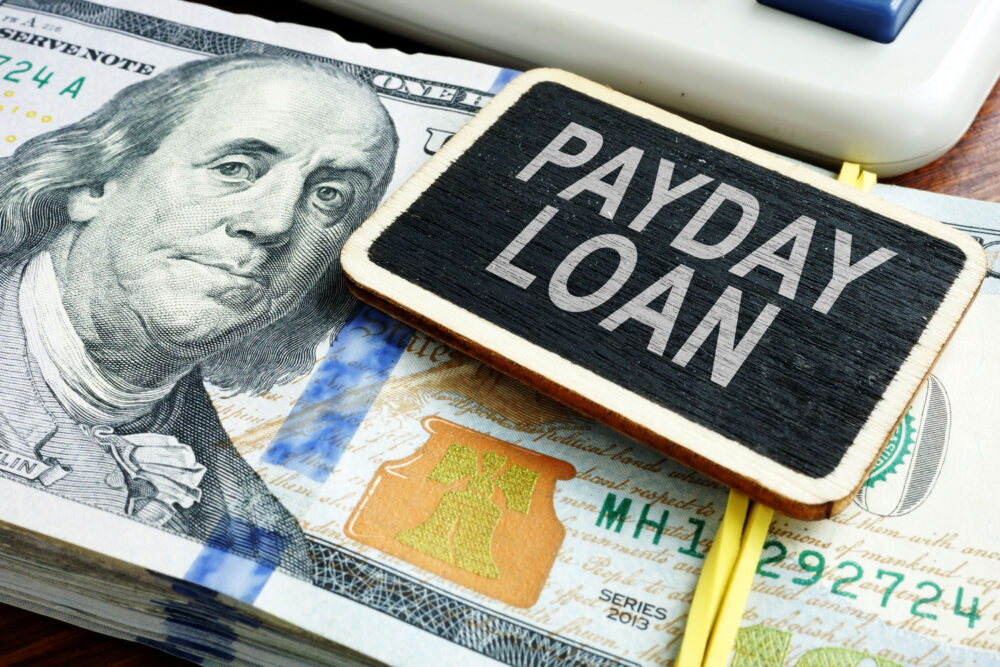Many people struggle financially and they have been struggling for quite some time – that’s hardly breaking news. However, in recent years, the number of financially struggling has risen and many have had to turn to some unusual methods in order to sort their finances. By unusual methods, we don’t mean engaging in some criminal activities or loaning money from loan sharks, not at all. We just mean unusual in a sense where they haven’t had to do it before.
Now that we’ve sorted that out, let’s see what we’re talking about. We’re talking about payday loans. As you know, millions upon millions of people live from one paycheck to another and in some instances, a sudden influx of cash can be beneficial to sort things out until the payday comes. That’s exactly where payday loans come in.
Today, we’re going to talk to you about payday loans. We’ll talk to you about what they are, how do they work and what happens if you can’t pay them back. If that sounds like something you might be interested in – let’s get started.
What Is A Payday Loan?
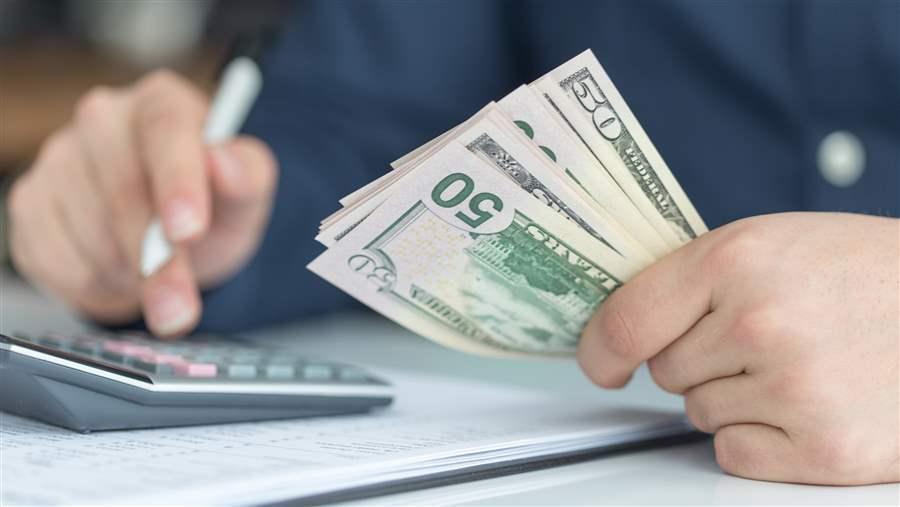
Source: pewtrusts.org
Payday loans, also known as cash advance loans are short-term loans up to $1500 that can come in really handy if you’re tight on cash at the moment. Given the fact that they’re short term, they come with high interest rates and fees, so they’re far from ideal, but they’re still better than being broke. By short-term, we mean, you’ll have to repay the loan by the time your next paycheck comes. To be fair, you don’t have to, but these high interest rates and fees stack up rather quickly and by the time you know it – you’re in some serious financial trouble.
In some instances, you could extend the repayment period to your next paycheck, but we strongly advise against it because that’s only going to increase the amount you have to repay. These so-called “rollovers” aren’t necessarily bad and they can come in handy, but they’re far from a blessing in disguise.
How Do You Repay A Payday Loan?
Since these loans are almost always due by your next paycheck, you can assume how the repayment process works. You don’t have to call your bank or write a cheque – the lender just takes the loan amount, interest rates and fees directly from your bank account on the agreed day. If you’re not familiar with it, this process is known as Continuous Payment Authority or CPA and is used in many other instances as well.
What Happens If You Can’t Repay A Payday Loan And What Should You Do?
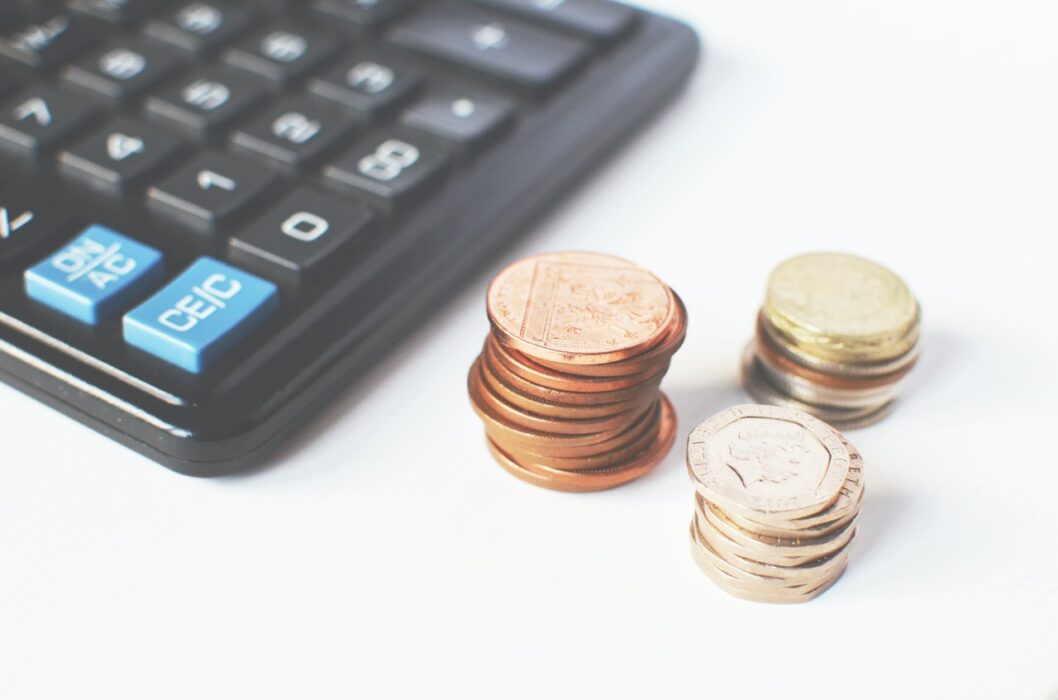
Source: pexels.com
Now, one might wonder – what does happen if there’s no money in the account? What do you do if you can’t repay the loan upon the agreed date? Well, if you owe, let’s say $1000 and you only have 700$ in your account, you’re going to be charged those $700 and the lender is going to keep trying to collect the additional $300.
Now, you shouldn’t let this happen – ever. If you know you won’t be able to pay off your debt, don’t ignore it. Instead, try these…
Contact The Lender Beforehand
The absolute first thing you should do when you realize you won’t be able to fulfil your end of the agreement is to contact the lender and try and work things out. Lenders are legally obliged to help you in these situations.
They must direct you to an independent debt advisor to help you sort through this mess. Additionally, according to speedycash.ca, they must suspend recovery of the debt for a reasonable period, if you prove you’re working on a repayment plan with the advisor and that you’re going to sort things out in a timely fashion.
Finally, a lender must treat you with respect and consideration, which includes allowing your reasonable time to repay your loan, without increasing the interest rate and adding additional fees or penalties.
Keep Evidence
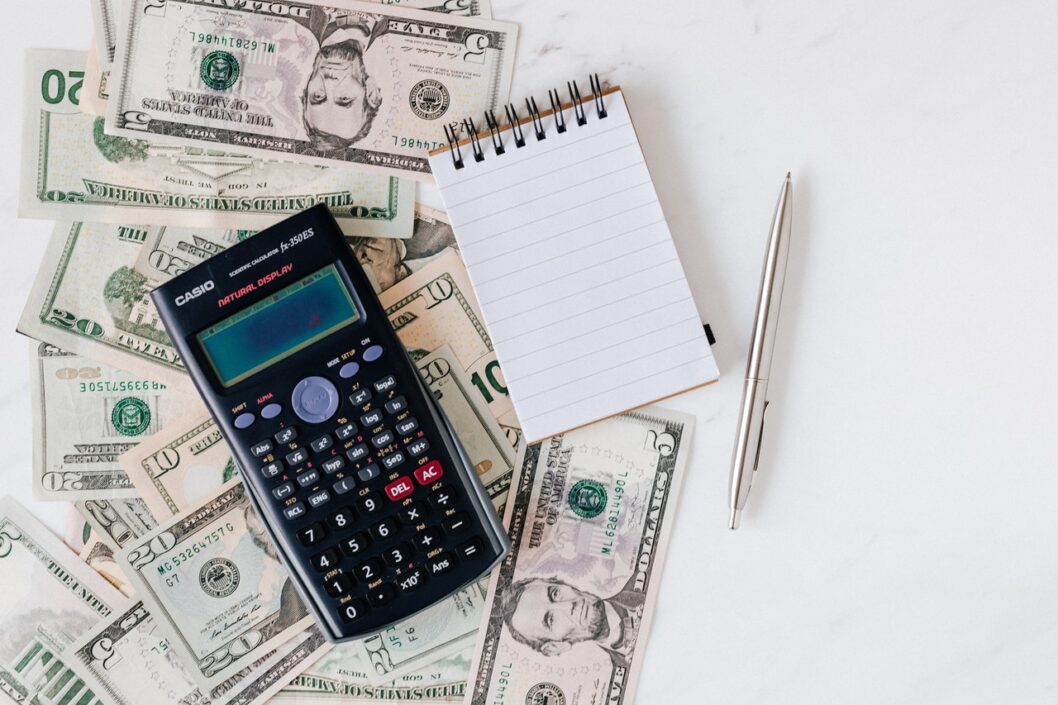
Source: pexels.com
It’s important that you keep evidence of every letter, email or phone call you’ve made to the lender. If they don’t respond accordingly, you have the right to make a complaint, which could help you in the long run. Your debt won’t be forgiven, but you’ll get a better deal.
Cancel The Recurring Payments
If you feel like you won’t be able to make ends meet and you won’t be able to provide yourself with the essentials like food, rent or mortgage, feel free to call your bank and cancel the recurring payments (CPAs). Now, you should always inform the lender before you do this. They must know they won’t be able to collect the debt. Once again, keep evidence of the conversation with the bank and in case they don’t cancel the CPA, you’re entitled, by law, to get your money back.
Don’t “Rollover”
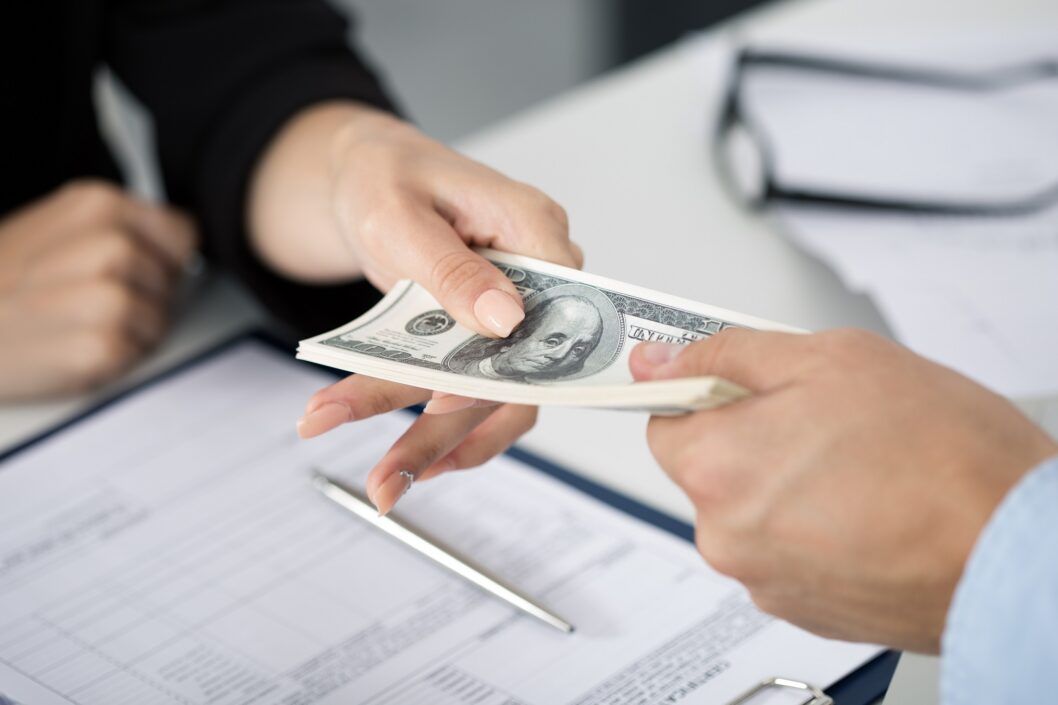
Source: businessfirstfamily.com
This might sound tempting at the time and the lender will most definitely recommend this course of action, but under no circumstances should you agree to this until you’ve tried all the other options. Rollovers seem like such a good idea because they fill you with a sense of relief and security knowing that you still have time to come up with the money, but the thing is, you’re going to have to come up with a lot more money. Well, not a lot but you’ll have to pay more than you originally had to. Instead of agreeing to a rollover, do the other things we’ve told you to do and if all else fails – maybe you turn to this, but we’d strongly advise against it.
Turn To Your Friends And Family
In the events that you’ve tried everything else, you should probably seek financial help from your friends or family. Your friends and family might be able to spot you some money, possibly interest-free, so you can pay off your payday loan and then pay them back.
Conclusion
The final piece of advice we would like to give you is to always think before you act. Don’t take out loans for impulse purchases that you can’t afford and never take more than you can pay back. If you do this – you’re going to end up in an endless loop of taking loans and repaying debts.
All in all, we hope we’ve done a good job explaining to you what should you do in the events that you can repay your payday loan. Hopefully, this has been helpful.


